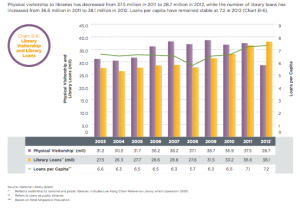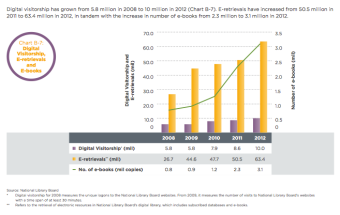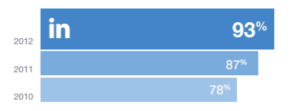And now, we are already at the very last part of #MANG2049. It has been a fulfilling 12 days and I’m really surprised how this module has inspired me within this short timespan. In this 12 days, I was introduced to new websites I could use (which I believe will be very useful to me in the next 1.5 years while doing my degree, at least), how I could ensure the credibility of the information I have researched and even the different things I have to take note when creating/using the online profiles.
Prior to this module, I was rather conservative of having a professional online profile for my future employers, I was more on the personal side rather than the professional side. No doubt, I used websites like Facebook and Instagram but I wasn’t a user of professional online platforms like LinkedIn (I would say I don’t even know such things existed). I never gave my thought on putting up my profile on the web professionally and engage in groups to gain more insights of particular interest. Never did I knew that there’s an increasing number of employees are tapping on LinkedIn to find their potential candidates until this. I slowly came to realize platforms like LinkedIn can provide me with various opportunities to find available jobs that interest me and at the same time, for employers to notice my presence.
It’s time I start building my profile professionally on the web.
I know clearly it’s not something that I can complete over the night. I have to ensure that I stand out from my peers, from the others, for my prospective employers to notice me. I would transfer my CV on to my profile on LinkedIn and make connections with individuals of similar interest and qualifications. Thus, I created an account on LinkedIn and is determined to polish and update it regularlyto ensure that it is up-to-date.
Of course, I will not forget how I have to ensure that my profile is authentic and everything I mentioned on the web is true. It’s just a slight difference between being authentic and exaggerating. We can always create more than one account to show the different sides (read: professional and personal side). However, one thing that we will always have to remember: nothing is 100% private. I used to think that by putting my profile as private, no one can see my profile until I “approve” them to do so.
One should always be conscious of what is being put up online on their profile and strict filtering should be done. Just a minor mistake will be enough to ruin both you and your company’s reputation, putting both parties in the bad light.
I am really glad that we are given the chance to take up this module as it has really provided me great insights of the web. It is not as simple as what we usually deem it to be – to connect and communicate with friends. The web can be a place for us to meet new individuals with similar interest (which can be of great help both personally and professionally). Thank you everyone from #mang2049!
Here I wish everyone,

Source: Image
Have a good holiday!





